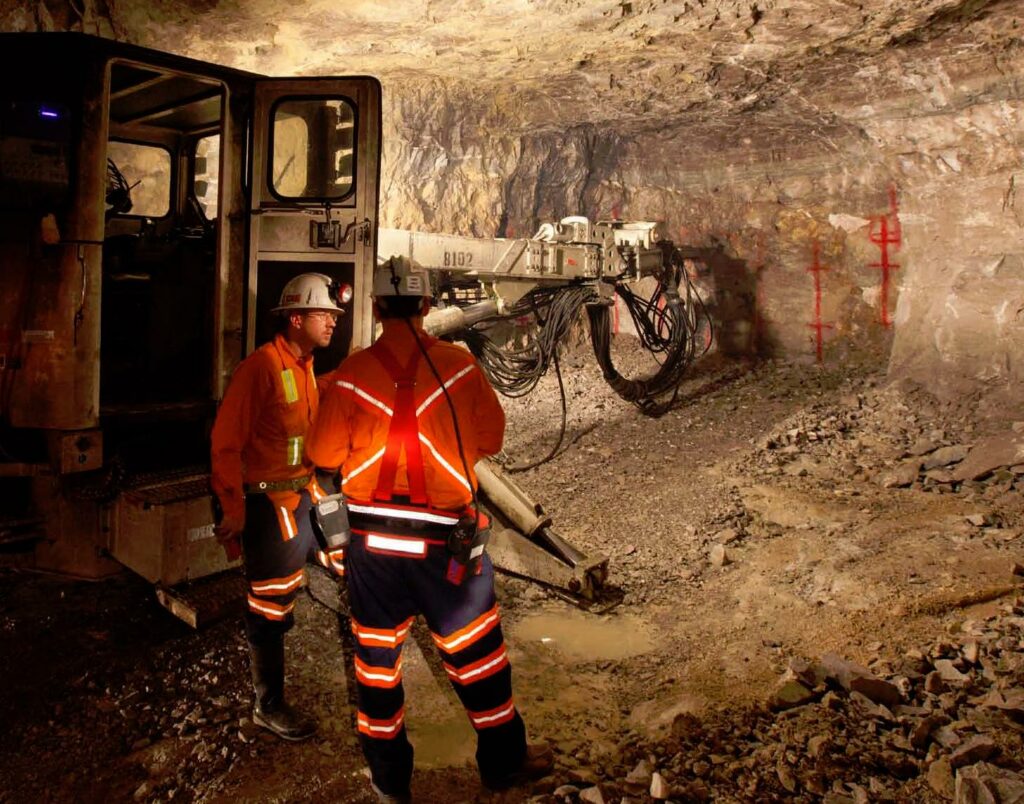
Tennessee Zinc Smelter at the Heart of Global Trade Conflict
In Clarksville, Tennessee, an inconspicuous zinc smelter finds itself thrust into the midst of a global trade war due to its possession of two critical minerals essential for smartphone chips and radar systems. Nyrstar, the plant's owner, aims to expand operations to process germanium and gallium, minerals predominantly supplied by China. Beijing's recent export restrictions on these minerals to the U.S. have created the potential for a significant shortage, putting Clarksville at the center of geopolitical tensions.
Gallium is commonly used in smartphone production, both for LED screens, and for Wi-Fi and Bluetooth chips, while germanium is used largely in defense, and space exploration (for example, NASA’s Spirit and Opportunity rovers were both powered by germanium solar cells).
As the U.S. races to reduce its dependence on China for rare-earth minerals, Tennessee emerges as a unique location where both gallium and germanium can be extracted at grades suitable for electronics manufacturing. The U.S. government supports such endeavors, utilizing data and artificial intelligence through Energy Department programs to predict unconventional deposits of crucial resources.
China’s recent export restrictions on the metals follows a series of U.S. bans on exports to some Chinese tech companies. Following these restrictions, according to the Wall Street Journal “Intel, Samsung and Taiwan Semiconductor Manufacturing Co. are building new chip plants in Ohio, Texas and Arizona after a decadeslong shift toward Asia. Other companies are expanding mining of lithium, critical for electric-vehicle batteries and dominated by China, in North Carolina, Arkansas and Nevada. And in Texas and Wyoming, companies are pursuing mining of rare-earth elements used in batteries and magnets.”
Nyrstar is still seeking funding for this project, and is angling to receive help from the Energy, Commerce and Defense departments, as well as funding at the state level.
The Zinc smelter in Clarksville serves as a microcosm of the broader global trade war, highlighting the complexities of securing critical resources.
This story was adapted from this article, courtesy of the Wall Street Journal